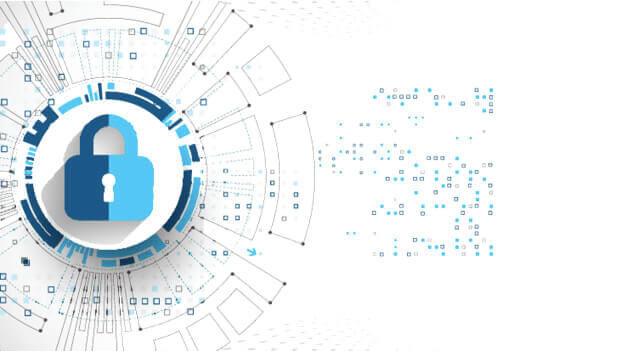
A common goal of the hotel industry’s implementation of technology is a “frictionless” experience for guests, but several hurdles remain in the way of making that reality, according to experts.
Subscribe to our weekly newsletter and stay up to date
Tariq Valani, Accor’s senior vice president of global support services, said technologies such as facial recognition could be used for a more seamless check-in process at hotels. But it’s not as simple as just deploying new technology.
“Before we even look at the technology, we need to look at the legislation and the laws,” he said. “You’ve got so many different points of concern. For example, in some countries you need to ask for identification. In others, you don’t. Facial recognition is probably the easiest way to go from one angle, but once you implement that, how do you get the actual right to use that information? How do you get that initial image in order to be able to recognize the guest?”
Several panelists noted the challenges that varied data privacy regulations around the globe present to hoteliers and deploying new technologies.
Amandeep Sarna, chief information officer for ITC Limited’s hotels division, said his company is working on projects to “create that dream of customer 360,” indicating a more complete understanding of who customers are and what they need and want, but complying with data privacy rules is key.
“We’re getting there, but the challenge right now is data privacy laws are getting more and more stringent,” he said.
He said hotels are striving to create a “seamless, customized experience.”
“But it’s becoming a very fine line in how you use that data,” he said.
Bharat Patel, chairman of the Asian American Hotel Owners Association, said the big challenge for owners and operators remains wrangling between various entities in the industry over who owns the data, which he said is now “more valuable than oil.”
“Whether it’s with the brands or online travel agencies, it’s what data can we own and what data can we utilize,” he said.
e said it’s not always clear with varied privacy rules whether different groups can share data that could elevate customer experience — for example, whether they want a room near the hotel gym. The complication of data rules have kept some from leading the way in technology adoption.
“My fear is that a lot of hotel chains are not planning for future proofing,” he said.




